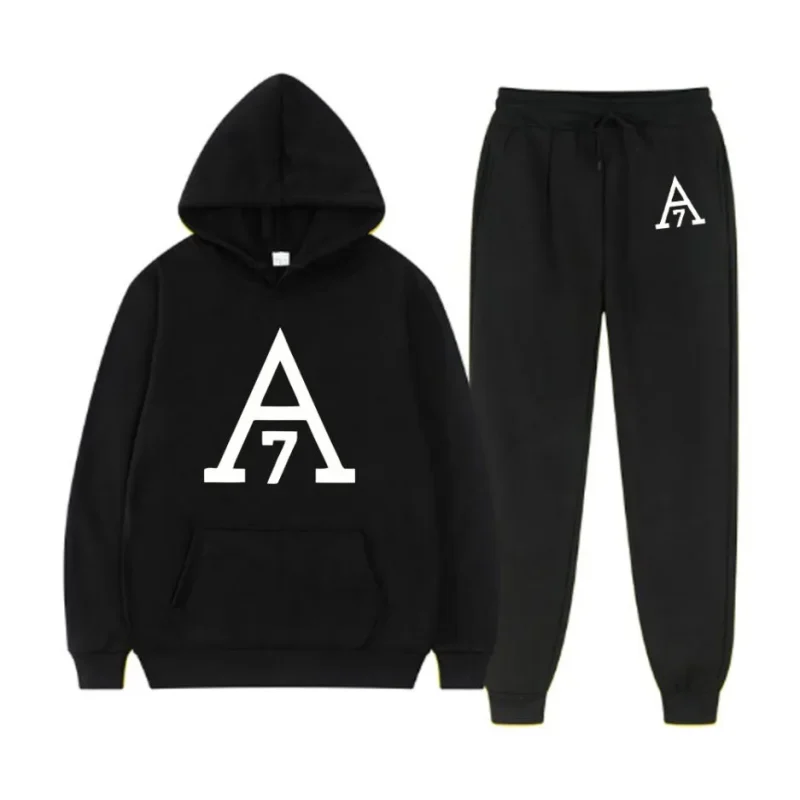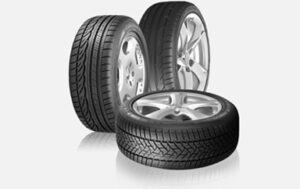
Essentials
In a world overflowing with noise, distractions, and endless options, the idea of “essentials” has never been more valuable. From the way we live our daily lives to the choices we make in our professional journeys, understanding what truly matters helps us simplify, prioritize, and create a sense of balance. Essentials are not just minimalistic checklists of needs; they represent the foundation of a meaningful existence. They give us clarity, direction, and resilience in the face of chaos.
This article explores the concept of essentials in multiple dimensions—personal life, health, relationships, career, finance, and beyond. By the end, you’ll see that essentials are not about scarcity, but about abundance of focus, purpose, and alignment with what matters most.
Defining Essentials: Beyond the Basics
At its core, the word “essentials” often brings to mind basic necessities—food, water, shelter, and clothing. These are indeed fundamental to human survival. However, the modern interpretation of essentials goes far deeper. Today, essentials extend into the realms of emotional wellbeing, mental clarity, social belonging, and personal growth.
An essential is anything without which your life would feel incomplete, unbalanced, or unfulfilled. It doesn’t always have to be tangible. For example, trust is essential in a relationship, while curiosity may be essential for innovation and learning. By widening our understanding of essentials, we see that they are not just things we consume but principles and values that guide how we live.
The Essential Mindset: Why Less Is More
We live in a culture obsessed with accumulation. More clothes, more gadgets, more money, more achievements—the chase never ends. Yet, research and timeless wisdom show us that satisfaction often comes not from having more, but from focusing on less. This is the essence of the “essentialist” mindset: prioritizing quality over quantity.
When we embrace this way of thinking, we learn to filter out distractions. Essentials allow us to eliminate the unnecessary so we can give energy to what truly matters. Imagine your time as a finite container—fill it with trivial obligations, and there’s no room left for the pursuits that nourish you. But if you carefully choose the essentials, you create a life that feels full, intentional, and free from clutter.
Essentials in Personal Wellbeing
Physical Health Essentials
Health is arguably the most universal essential, because without it, everything else becomes secondary. The essentials for physical wellbeing are surprisingly straightforward:
-
Nutritious Food: A balanced diet rich in whole foods gives our bodies the fuel to function optimally.
-
Exercise: Movement is not a luxury but an essential ingredient of health. Whether it’s walking, running, or yoga, consistent physical activity strengthens both body and mind.
-
Rest: Sleep is the foundation of recovery, cognitive sharpness, and emotional balance.
The irony is that these essentials are simple, yet modern lifestyles often push them to the backseat. Reclaiming these basics is not about perfection, but about recognizing their non-negotiable role in sustaining vitality.
Mental Health Essentials
In the rush of life, we often ignore mental health, but it is as essential as physical fitness. Clarity, calmness, and resilience are built on practices like mindfulness, reflection, and healthy boundaries. Journaling, meditation, or even spending time in nature are small yet powerful essentials that reset the mind.
Another mental health essential is purpose. Without a sense of meaning, even material abundance feels hollow. People thrive when they connect daily tasks with something bigger than themselves, whether it’s family, service, or creativity.
Essentials in Relationships
No person can thrive in isolation. Relationships—whether romantic, familial, or professional—form a significant part of human essentials. Yet, it is not the number of connections that matters, but the quality of them.
The essentials of meaningful relationships include:
-
Trust: The foundation of any bond. Without trust, connections feel fragile and temporary.
-
Communication: Honest, open dialogue ensures mutual understanding.
-
Respect: Valuing others’ perspectives and boundaries is essential for harmony.
-
Time: Shared experiences are the currency of closeness.
Relationships that lack these essentials often become burdensome rather than nourishing. On the other hand, even a small circle of genuine, supportive connections can provide profound fulfillment.
Career Essentials: Building a Life, Not Just a Living
In professional life, Essentials Hoodies help us cut through the illusion of success defined only by money or status. True career essentials lie in growth, impact, and alignment.
-
Passion and Skill: Doing work that excites you and aligns with your strengths creates energy instead of draining it.
-
Work-Life Balance: An essential often ignored in the hustle culture, balance ensures long-term sustainability of career growth.
-
Learning: In today’s fast-changing world, continuous learning is no longer optional—it’s an essential survival skill.
-
Integrity: Building a career without integrity may yield short-term gains, but it erodes trust and long-term success.
Careers that honor these essentials not only sustain livelihoods but also enrich lives.
Financial Essentials: Stability Before Abundance
Money is often mistaken for the ultimate essential. But financial wisdom teaches us that it is not the amount of wealth, but how it is managed, that determines security and freedom.
The financial essentials include:
-
Budgeting: Understanding where money comes from and where it goes.
-
Emergency Fund: A cushion that provides security during unexpected challenges.
-
Debt Management: Keeping obligations under control ensures freedom.
-
Savings and Investment: Growing wealth responsibly for future goals.
True financial essentials are about stability and peace of mind, not constant accumulation. When these foundations are in place, wealth becomes a tool for freedom rather than a source of stress.
The Essentials of Time Management
Time is the most finite resource, and its management is an essential life skill. Productivity gurus often emphasize strategies, but the essence of time management lies in prioritization.
Instead of asking, “How can I fit more into my day?” a better question is, “What truly deserves space in my day?” Essentials in time management involve:
-
Setting clear priorities.
-
Saying no to distractions.
-
Scheduling downtime as deliberately as work.
Living with intentionality ensures that time is invested, not merely spent.
Spiritual Essentials: Connection Beyond the Physical
For many, spirituality is an essential that transcends survival or success. It does not always mean religion—it can be a connection to nature, humanity, or the universe. The essential here is meaning: the ability to see life as part of a larger narrative.
Spiritual essentials offer inner peace, resilience, and perspective. Practices like prayer, meditation, or even acts of kindness connect us with something greater than ourselves. This dimension of essentials reminds us that fulfillment comes not only from what we achieve, but from how we experience life.
Minimalism and Essentials: The Overlap
Minimalism is often seen as owning fewer things, but at its heart, it is a philosophy about essentials. It asks: What adds value to my life? What distracts me from it? By answering these questions, minimalism removes clutter—not just from physical spaces, but from mental and emotional landscapes.
Living with essentials doesn’t mean deprivation; it means freedom. When you choose essentials over excess, you create space for experiences, creativity, and connection.
Essentials in Crisis: Returning to the Core
Crises, whether personal or global, reveal the importance of essentials. During hardships, people often realize that much of what they chased was not necessary after all. Essentials like health, relationships, and safety suddenly rise above material luxuries.
This perspective shift highlights why cultivating essentials beforehand is so powerful—it makes us resilient. If your life is already centered on essentials, a crisis disrupts you less, because you are anchored in what truly matters.
Crafting Your Own List of Essentials
Everyone’s essentials look different. What feels essential to one person might be optional to another. The process of discovering your essentials is deeply personal and involves reflection.
Here’s a framework:
-
Identify Core Needs: What do you absolutely need to function daily?
-
Clarify Values: What principles guide your decisions?
-
Evaluate Commitments: Which obligations bring energy, and which drain it?
-
Simplify: Cut away what doesn’t align.
-
Prioritize: Place your energy where it matters most.
This exercise ensures that you live not by default, but by design.
The Future of Essentials in a Changing World
As technology advances and lifestyles evolve, the definition of essentials will continue to shift. Twenty years ago, internet access was not seen as essential; today, it is fundamental to education, work, and connection. Similarly, mental health, once ignored, is now recognized as a key essential for thriving societies.
The future of essentials lies in adaptability—recognizing emerging needs while holding on to timeless foundations like love, health, and meaning.
Essentials as the Blueprint of a Meaningful Life
Essential are not about restriction but liberation. They are the anchors that keep us steady in an overwhelming world. By focusing on essentials, we cut through distractions, reclaim our time, and create space for fulfillment.
When we live with essentials at the forefront—health, relationships, purpose, integrity, and balance—we live not just longer, but better. And perhaps the most profound realization is this: the essentials are often the simplest things we overlook, yet they hold the power to transform our lives.





